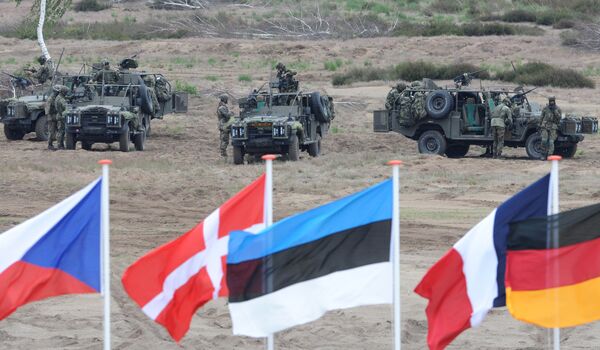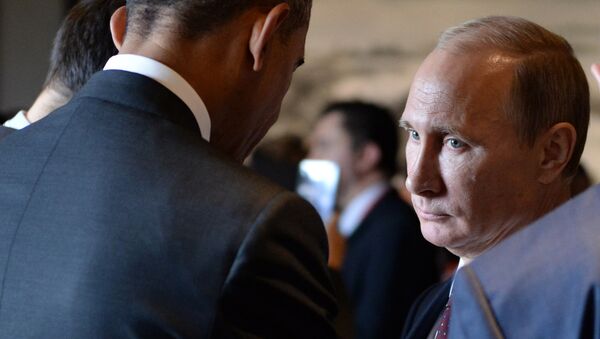Perry named three major steps that poisoned the relations between the two countries, leading to the lowest point in bilateral ties in two and a half decades. These include NATO's enlargement to the East, Washington's ballistic missile defense shield in Eastern Europe and Western backing of the so-called color revolutions in Ukraine and Georgia.
History shows that those were legitimate concerns.
Perry, who served as the US defense chief from 1994 until 1997, opposed NATO's swift expansion eastwards.
"Basically the people I was arguing with [in the Clinton administration] when I tried to put the Russian point… the response that I got was really: 'Who cares what they think? They're a third-rate power.' And of course that point of view got across to the Russians as well," he narrated.

Experts have always warned that the closer NATO moved to Russia's borders, the more suspicious of the bloc's true intentions Moscow would become.
"Extending security commitments to nations in Russia's geopolitical 'back yard' virtually invites a challenge," Ted Galen Carpenter of the Cato Institute asserted. "Even the most peaceably inclined Russian leader would find it difficult to tolerate a US-dominated military alliance perched on his country's western frontier."
Tomáš Haas, who served as an advisor to former Czech President Václav Klaus, finds claims that Russia wants to destabilize Europe "absurd." Russia is "interested in fostering cordial relations with Europe. Russia surely does not want to see a chaotic, disunited and unstable Europe," he observed.



